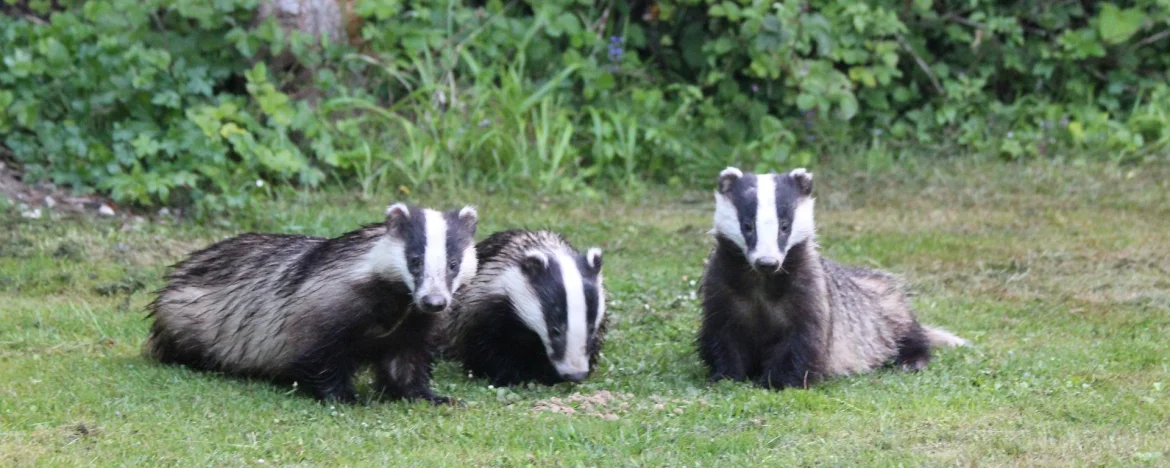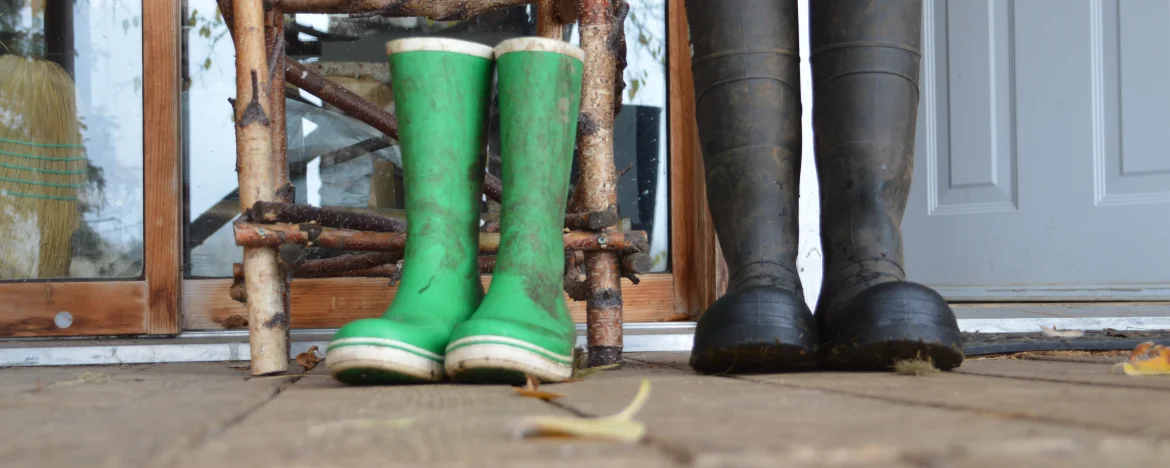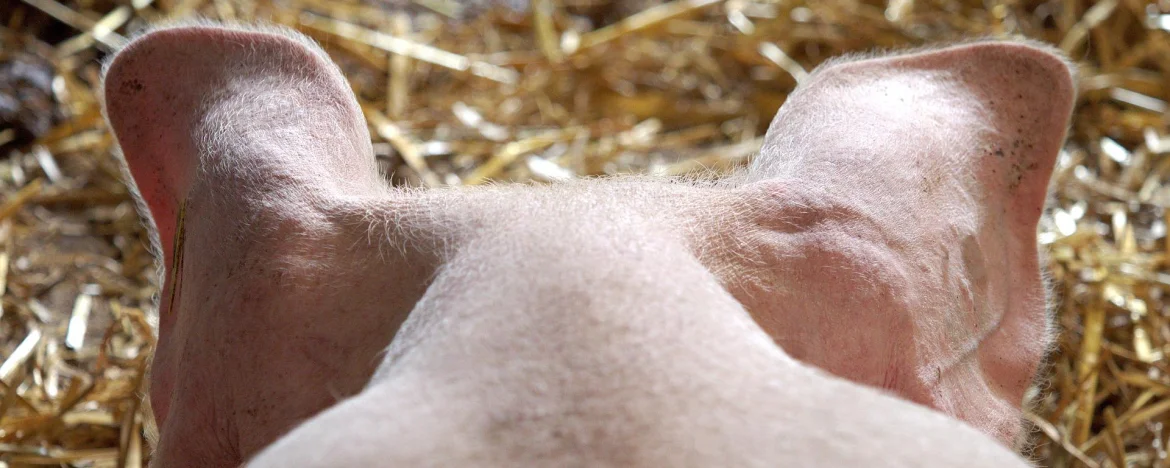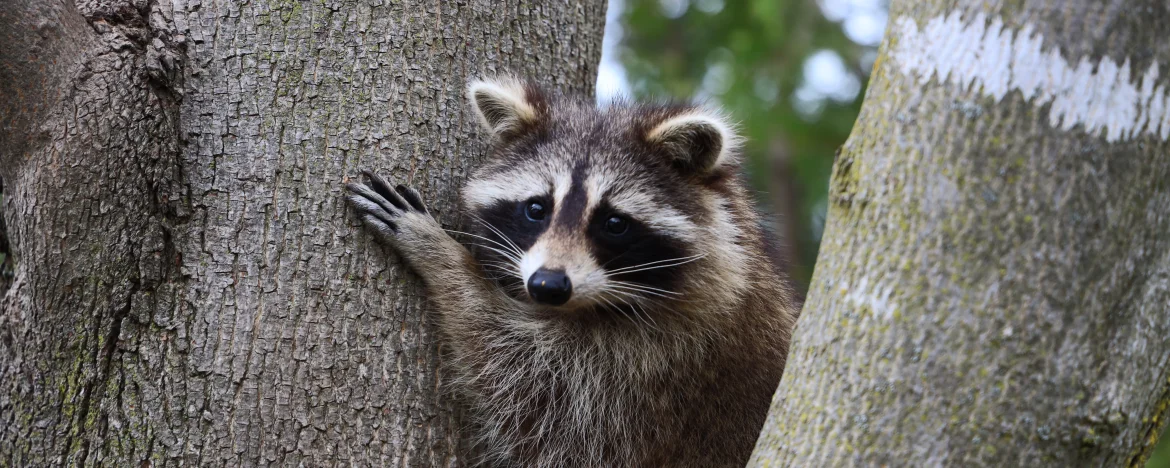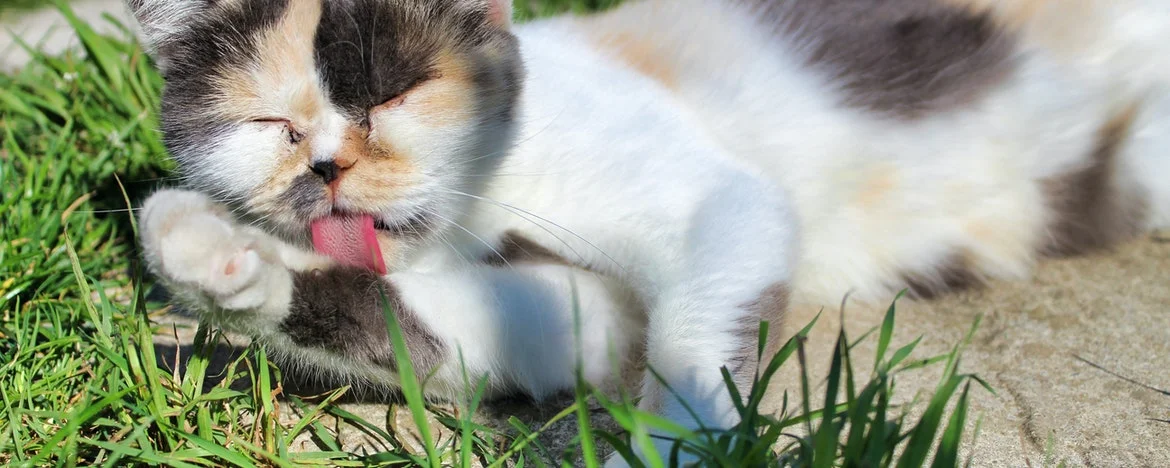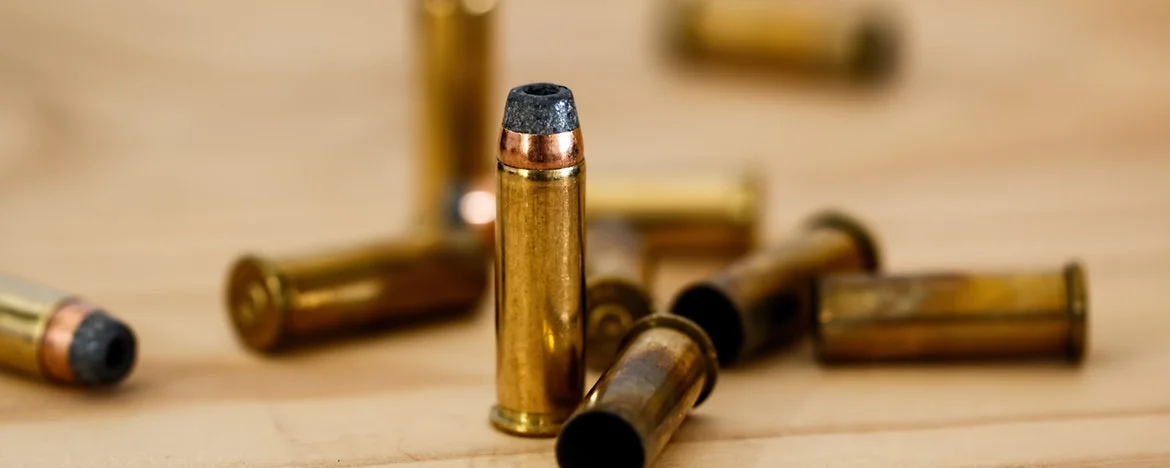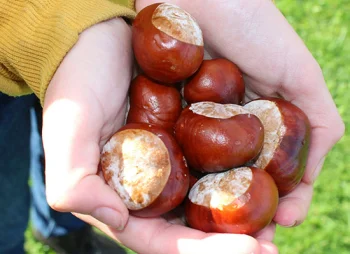We are nothing if not a nation obsessed with these loveable nocturnal specimens, so it is only fitting that we incorporate them into our phraseology. Unsurprisingly, this gem doesn’t refer to actually picking a specific badger out of a lineup of fellow stripey mammals.
Rather, it means to happen upon the correct solution to something or to denote that you have found the exact thing you are looking for.
The exact reasons for substituting badgers with any given object is unclear but the saying is believed to have originated in the West Country, where there are indeed a lot of badgers. Your guess is as good as mine, but I like to think the truth goes something like this:
Wild badger energetically launches itself at an unsuspecting Ford Mondeo in the depths of the night, causing an almighty dent in the bonnet. Distraught and bewildered driver reports the incident to the police. Police endeavor to collate an identity parade of all local badgers. Motorist correctly identifies the culprit with a wild cry of 'that's the badger!'.
All celebrate and the phrase becomes etched into our vocabulary.
Yes, it’s flawed but I very much enjoyed going down that rabbit hole. Or badger sett to be more accurate.



